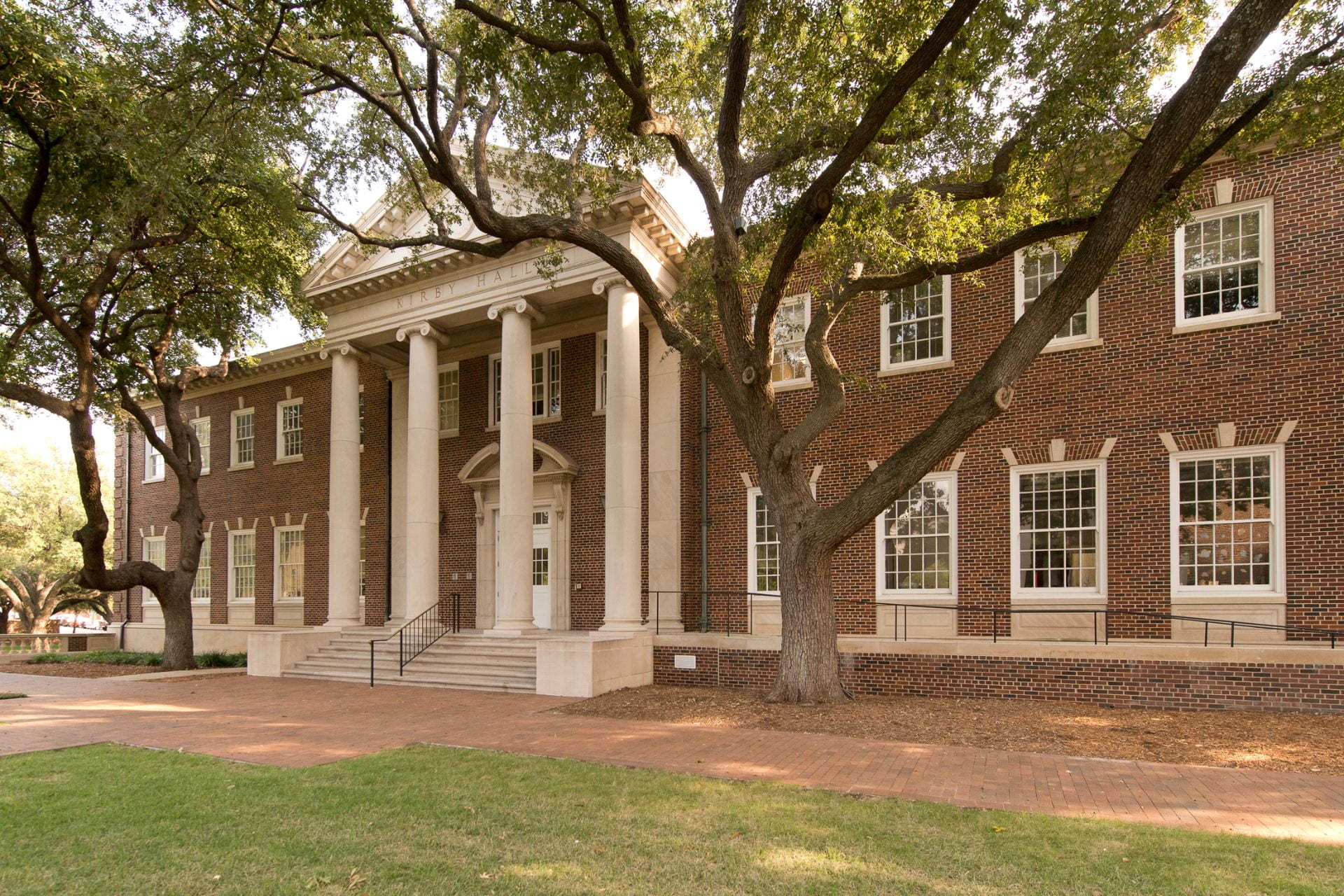
As we conclude this academic year, I’ve been thinking and reflecting on the experiences and challenges our students have encountered during their journey here at Perkins School of Theology. Without a doubt their journey has been unprecedented—a word we now use almost daily. And they have encountered these unprecedented circumstances not only here at Perkins but also around the world. The world they knew when they first enrolled at Perkins has changed dramatically in the last year. Now they are formally (and theologically) qualified; and ready to go back “into the world,” to proclaim the good news of the gospel with words and deeds. I wonder how these unprecedented challenges might have shaped the way they see and embrace Christian ministry. Perhaps, an initial reaction would be to name and highlight aspects that were absent and missed because we could not gather in person for classes, worship, and meals. Perhaps we could compare graduates pre and post Covid-19 to examine and analyze the differences, or perhaps another approach would be to describe and mourn the losses many of us experienced—including the loss of loved ones, lost income and jobs, and losing a sense of well-being altogether. Although all these aspects are extremely important, in this short reflection, I want to focus on an aspect that I hope would be a determining characteristic not only for our current graduates, but also for all our future graduates. This one aspect is adaptability. One dictionary defines this word as: “an ability or willingness to change in order to suit different conditions.”[1] Our graduating students had no choice. They had to adapt and learn to suit different conditions—taking classes remotely, adjusting their schedule to manage family, work, ministry, and technology to name a few.
And in an optimistic and constructive way, I hope these challenging and difficult experiences from the past year were able to prepare our students to become adaptable to expected and unexpected changes, prepare them to adapt to their particular ministerial settings. I hope that our students will be prepared to serve all of God’s people in rural and urban settings, in progressive and conservative communities, in academic and ecclesial contexts, in traditional churches and unconventional ministries. I hope our students will become adaptable to a changing social context, while preserving the integrity of the Christian message and demonstrating Christian virtues.
Facing unprecedented situations will not be new to these students, but how does one respond to these situations that will test their faith, knowledge, and character, as well as ours? Again, many aspects/responses might be highlighted here, but I hope that our students in responding to adverse and quick changing circumstances will have the confidence that their theological journey at Perkins prepared them for the unknown challenges ahead, provided them with the tools to think theologically, to respond contextually, and to serve God’s people with humility.[2] In my opinion, these responses represent the integrity of the Christian message and demonstrate vital Christian virtues. I hope that our current and future graduates will have the capacity to see that mind, heart, and hands go together. That thinking theologically, requires responding contextually, and that the ultimate goal is to serve others with humility. May they learn and teach us new ways to extend Christian hospitality, to welcome “the stranger” in their midst, to serve as gracious and exuberant hosts, but also become humble guests to these strangers, and learn from them, sometimes remaining quiet, knowing that true adaptability is grounded in honest and reciprocal friendships/relationships, and in doing so, may God help us to see, God’s adaptability in Emmanuel, God with us. God who became like us and learned to adapt to human limitations and proclaimed the good news with integrity and unapologetically. May this model of adaptability be our model during and after this unprecedented pandemic.
“[God], give us courage to change what must be altered, serenity to accept what cannot be helped, and the insight to know the one from the other.”[3]
Hugo Magallanes is Associate Dean for Academic Affairs and Director of the Houston-Galveston Extension Program.
[1] “Adaptability,” Cambridge Dictionary, accessed April 14, 2020, https://dictionary.cambridge.org/us/dictionary/english/adaptability
[2] These phrases were points made in a recent Curriculum Review Committee small group conversation regarding desire student outcomes and goals at the completion of our MAM and MDiv. degree programs. I am indebted to my colleagues for these insights: T. Campbell, J. Clark-Soles, Á. Gallardo, R. Heller, J. Martin, C. Nelson, and T. Walker.
[3] Prayer attributed to Reinhold Niebuhr, which it is believed he composed in 1932-33.
